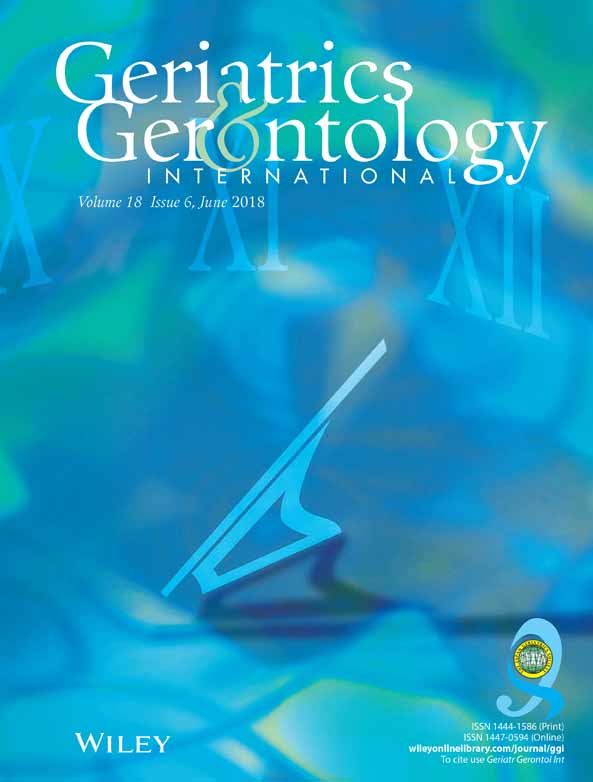Relationship between the activities of daily living, oral health-related quality of life and dementia
Abstract
Aim
The aim of the present study was to investigate the association between the activities of daily living and the oral health-related quality of life and dementia in older adults.
Methods
Over a period of 18 months, we visited 12 elderly care facilities and recruited 375 participants, 345 of whom were selected to undergo oral health examinations and oral health-related surveys. Each investigation was carried out face-to-face by a professional worker.
Results
Cognitive ability was found to be good when the results of the activities of daily living and the oral health-related quality of life examinations were good. If the results of the activities of daily living examination were bad, the odds ratio of dementia was 2.66, and adjusted odds ratio for age, sex, residence type, education level and denture was 2.99, representing a significant difference (P < 0.05).
Conclusions
Most oral problems are not simply the outcome of aging, with oral hygiene management being the most important determining factor. Oral health problems can be prevented, and in order to improve the quality of life of older adults, attention must be paid to oral healthcare. Geriatr Gerontol Int 2018; 18: 943–949.




